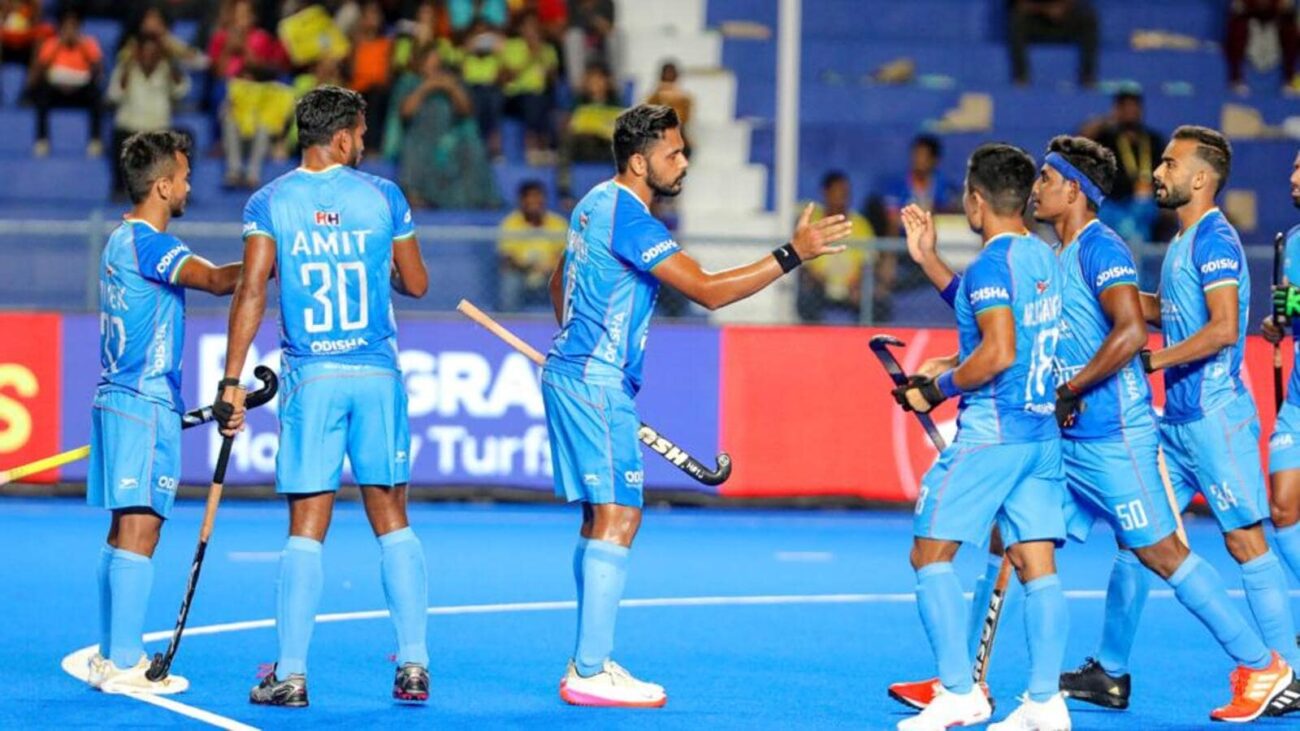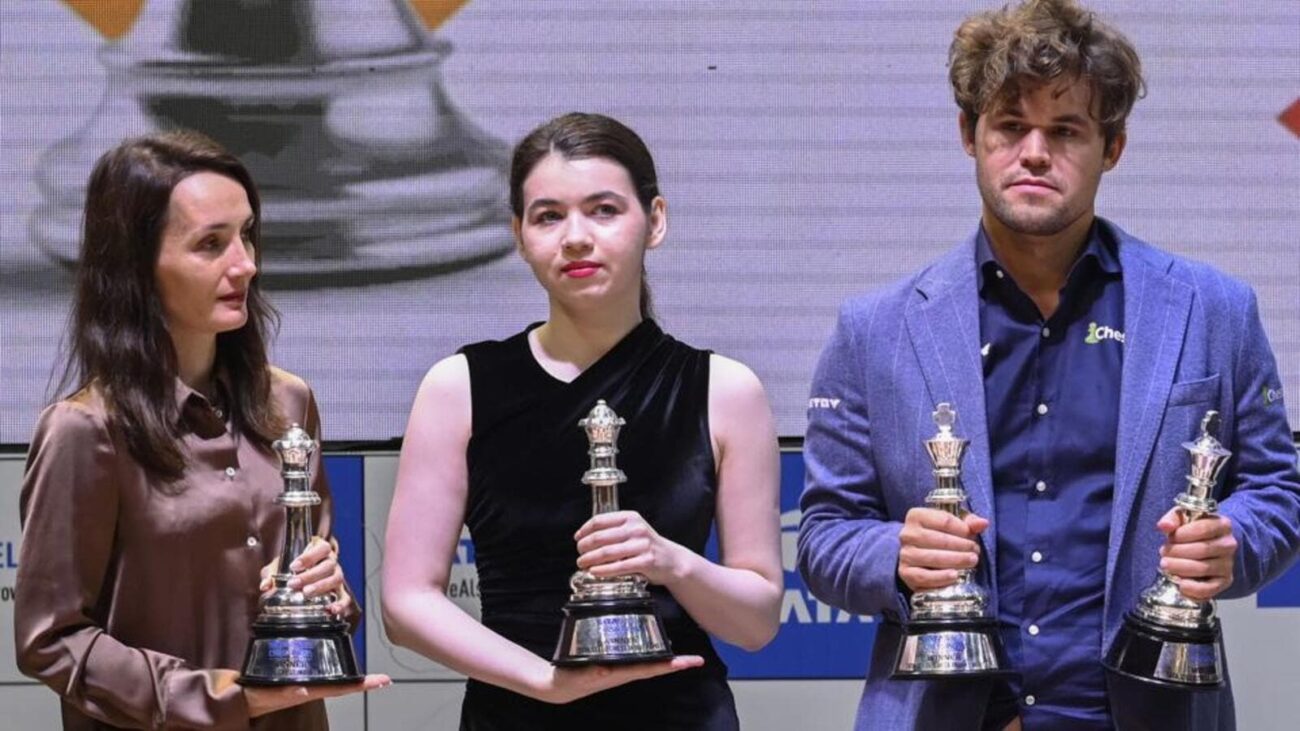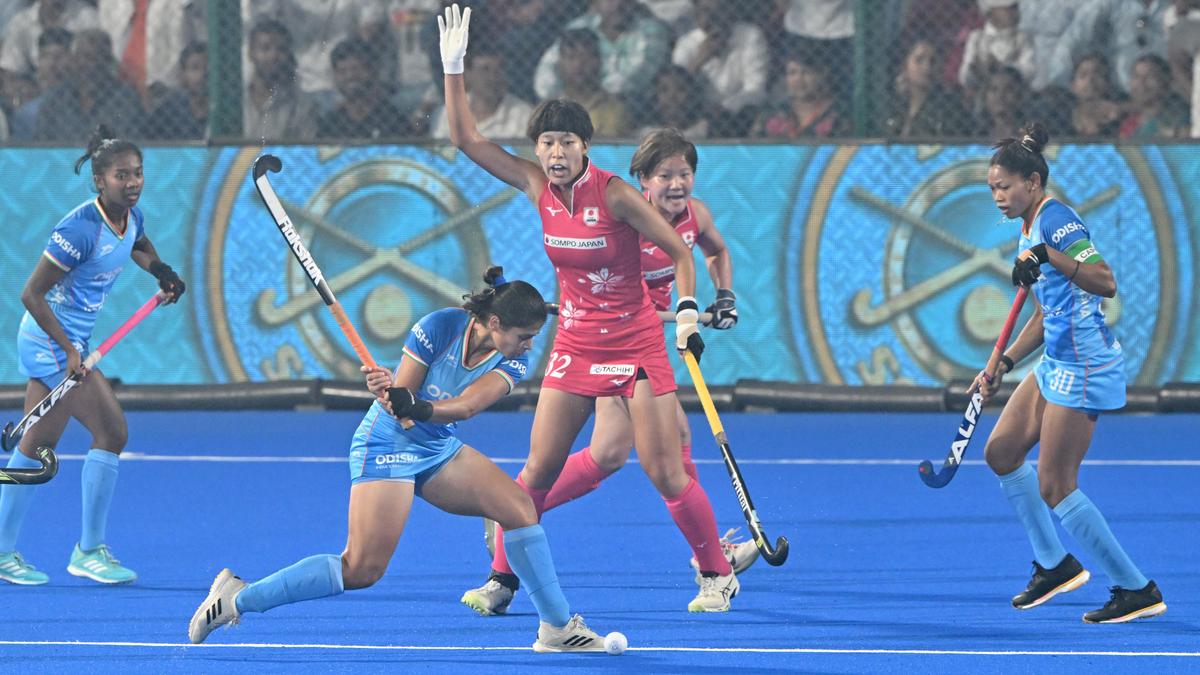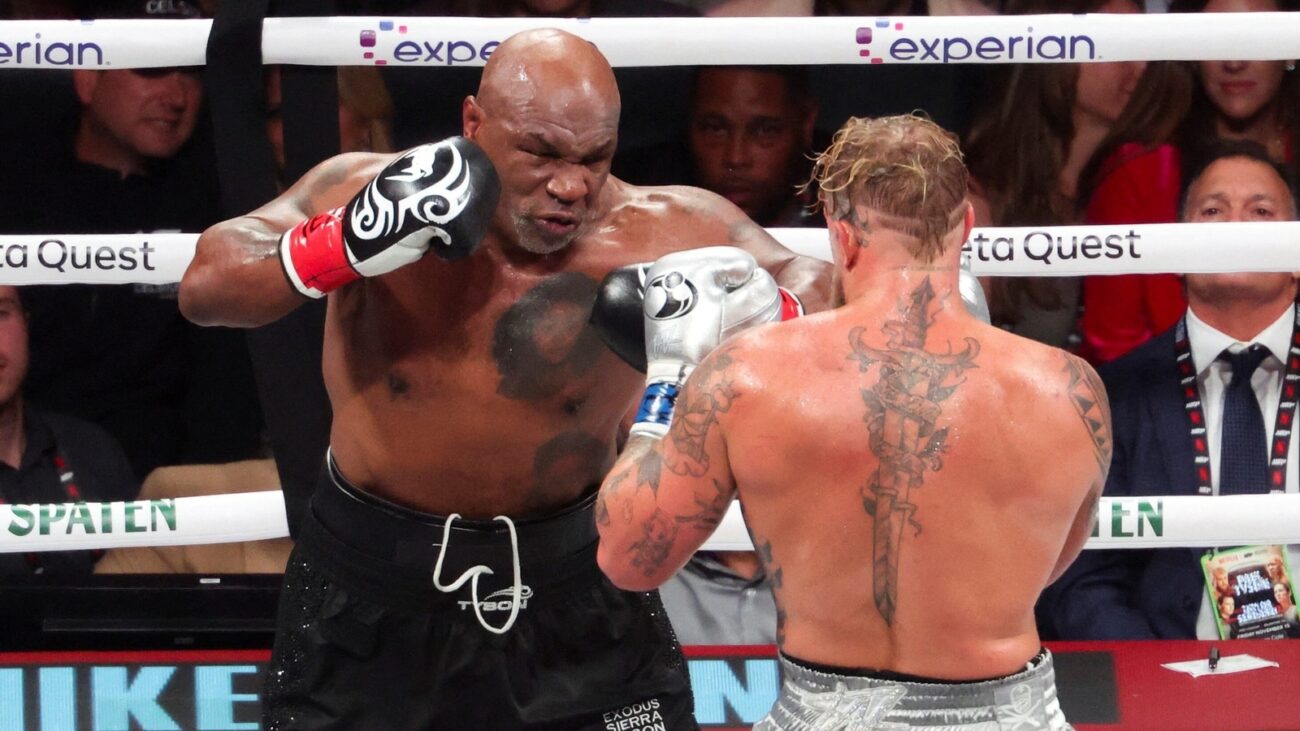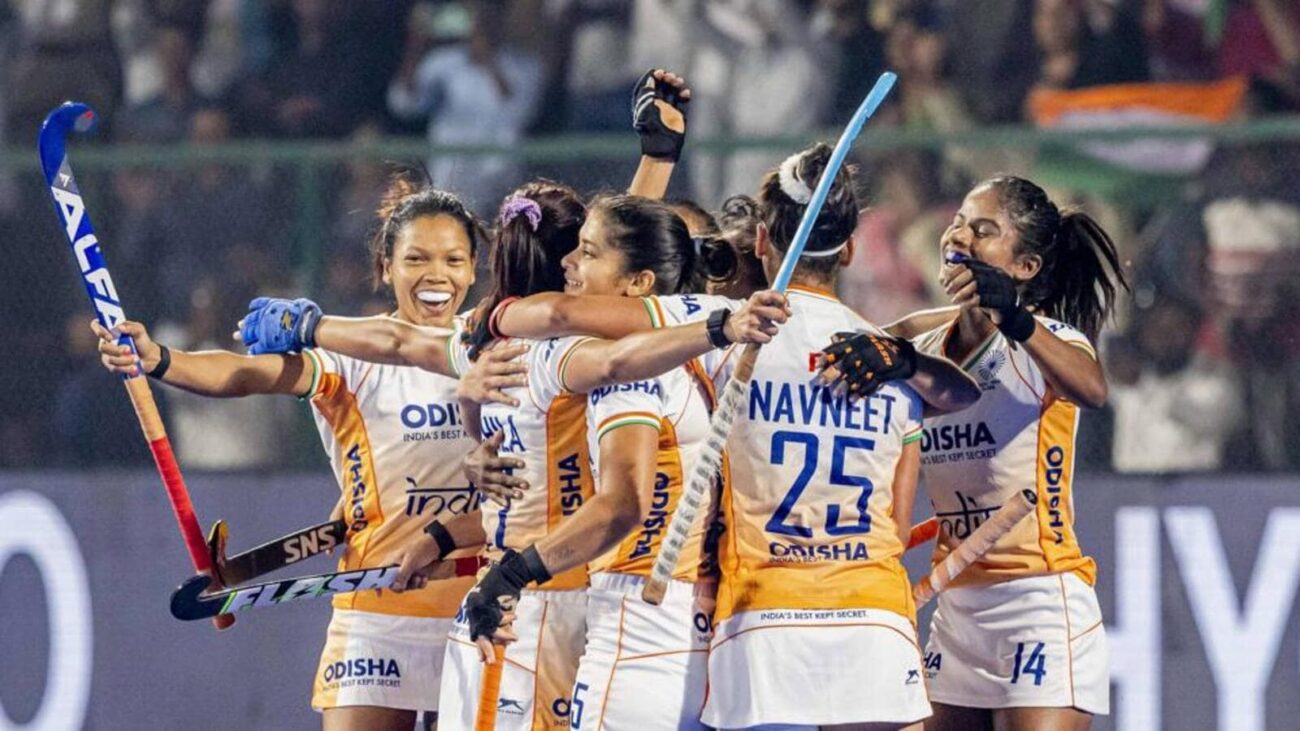The Indian men’s hockey team’s failure to qualify for the 2008 Olympics marked a turning point in their history. Despite being eight-time Olympic gold medalists, they had not won a major title since the 1975 World Cup. A significant financial investment aimed at reversing their fortunes led to their return to the Olympics in 2012, but it proved disastrous. India finished last in the 12-team competition, and their players’ lackluster approach shocked observers.
Former Australian player and India’s chief coach, Michael Nobbs, expressed his disappointment at the players’ complacency. He noted their reluctance to engage in physical challenges and their casual execution of shots. Nobbs emphasized the need for a “killer instinct” and a willingness to sacrifice for the team.
In contrast to India’s struggles, seasoned Australian defender Matt Dawson demonstrated unwavering determination. Despite injuring his finger in training, he underwent an amputation to remain in contention for the Olympics. Such commitment highlights the physical risks that players are willing to take in modern hockey.
International hockey has evolved into a fast-paced and competitive sport where physicality plays a crucial role. Teams rely heavily on analysis to identify weaknesses and exploit them. The results of the recent FIH Pro League will have little bearing on the Olympics, providing India with an opportunity to improve their performance under coach Craig Fulton.
Harmanpreet Singh, India’s captain, has been a key player with his drag flicks, but opponents have developed strategies to neutralize his threat. He recognizes the need to introduce new elements into his shots to maintain his effectiveness.
At the other end of the pitch, goalkeeper P R Sreejesh’s experience will be invaluable. His ability to maintain defensive structure and deal with penalty corners will be crucial.
While the bronze medal at Tokyo could motivate India, it could also weigh them down. They have struggled to replicate their success and finished among the also-rans at the 2023 World Cup. However, the Olympic preliminary pool draw provides them with an opportunity to gain momentum against lower-ranked opponents before facing tougher challenges.
India’s performance against Argentina could determine their quarter-final draw and potentially set them up for a favorable matchup. They have a history of defeating Argentina, having done so in the 2016 Olympics.

